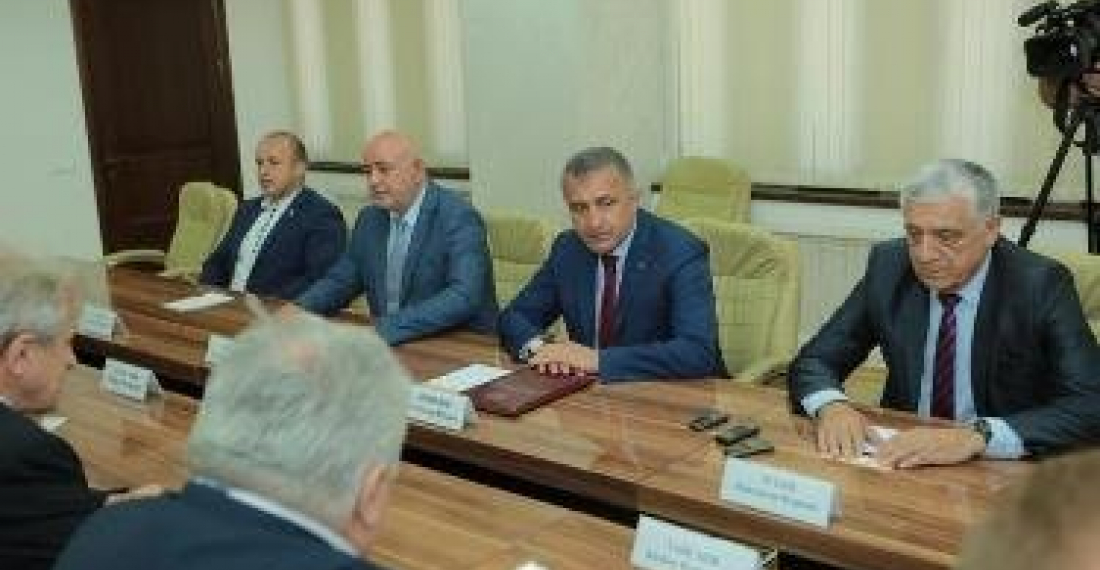The international community has rebuffed the process of holding elections in the territory of South Ossetia. On Sunday the self-declared republic, which is still recognised as part of Georgia by most of the international community, is holding parliamentary elections.
Ninety-nine candidates are registered in 17 single-member constituencies. 60 of them are party candidates, while 38 are self-nominated candidates. The seven political parties participating in the election are United Ossetia, Unity of the People, the People's Party, Nykhas, the Communist Party, Fydybasta (Fatherland) and the Unity Party.
Elections in South Ossetia tend to be dominated by clan loyalties, but can also be hotly contested. This time round the favorite to win is the ruling United Ossetia party - which is the party of the current president, Anatoli Bibilov.
In 2008, following the short Georgia-Russia war, Russia recognised South Ossetia as an independent country. Only a handful of other countries have followed.
"The European Union does not recognise the constitutional and legal framework in which these so-called ‘elections' will take place," Maja Kocijancic spokesperson for the European External Action Service said in a comment about Sunday's elections. This position has been echoed by a number of other countries and governments.
Delegations from the Russian State Duma and Federation Council on Sunday were in Tskhinvali to observe the elections. They also had a meeting with the territory's self-declared president, Anatoli Bibilov (picture)
source: commonspace.eu with agencies







